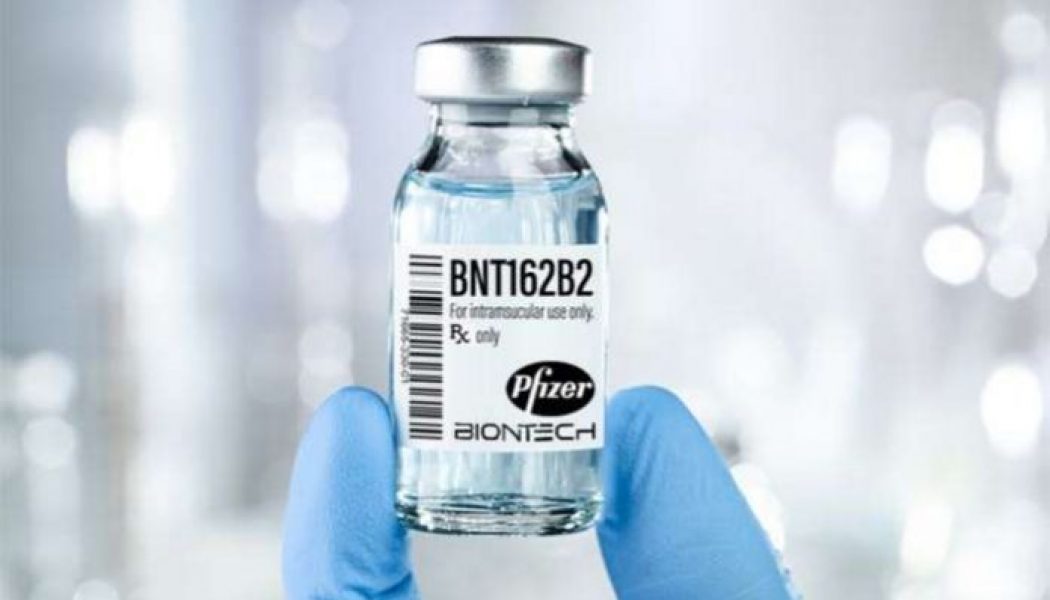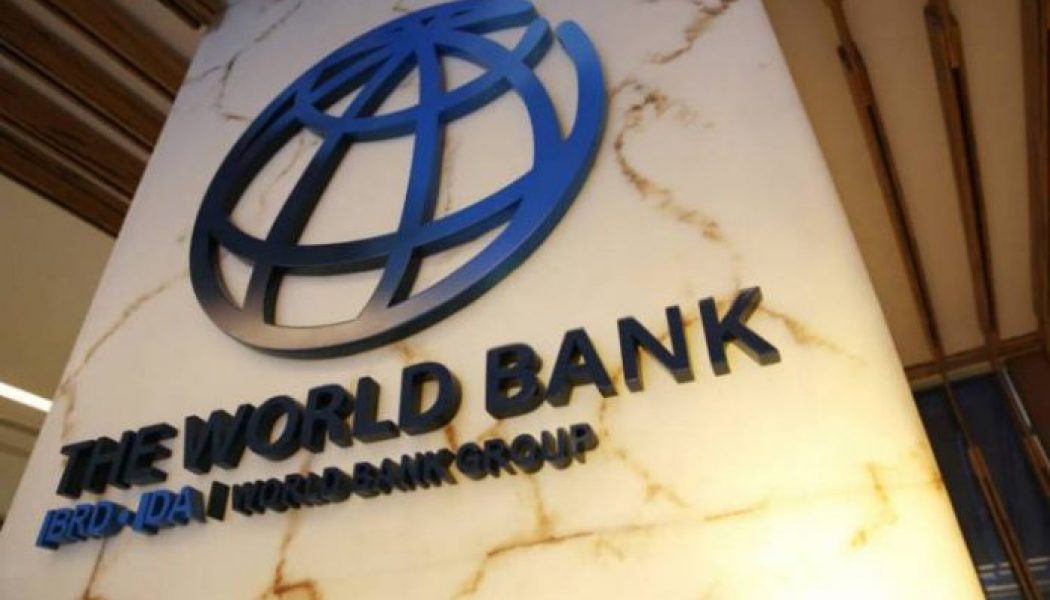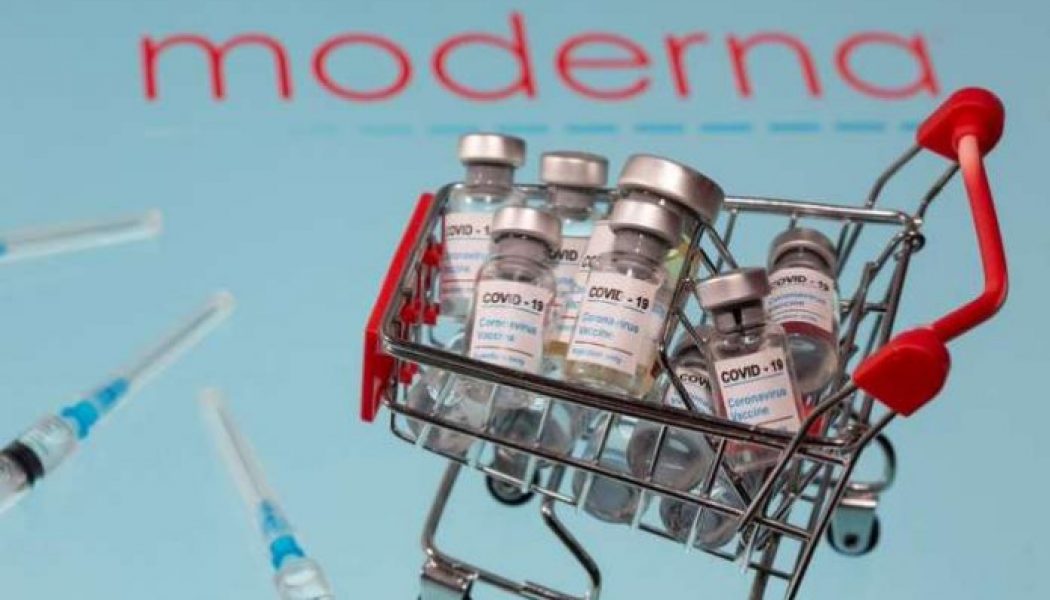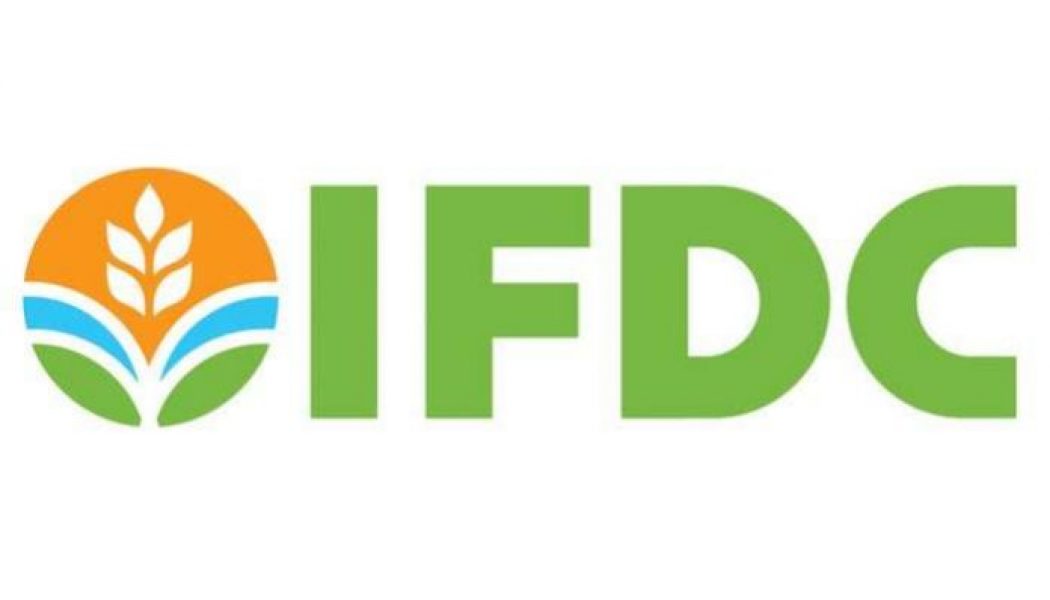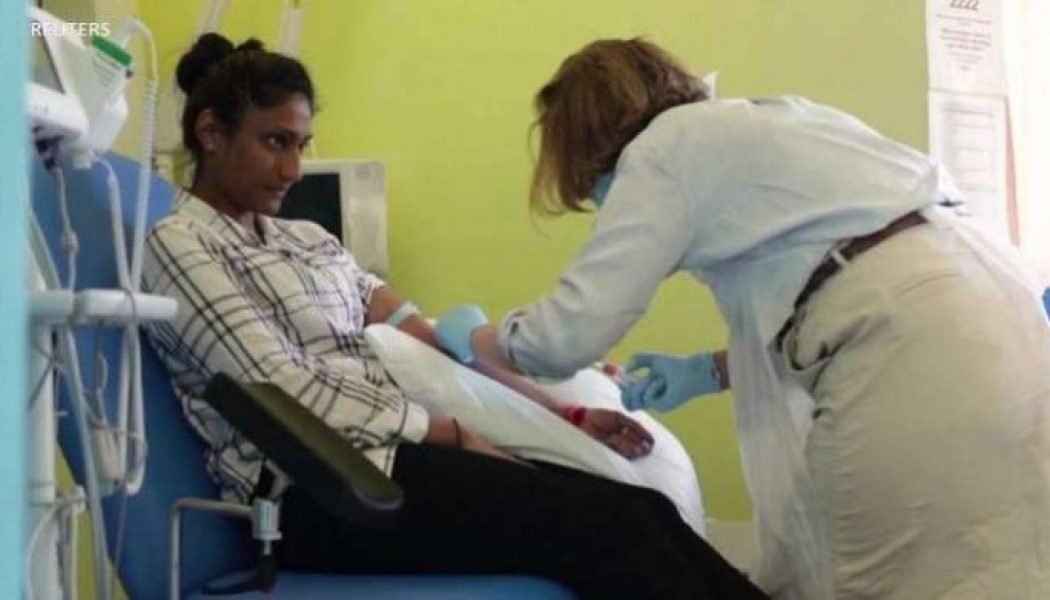Rollout
Pfizer, BioNTech to limit delays of vaccine shipments to one week
Pfizer and BioNTech said Saturday they will limit the delays of their vaccine deliveries to just one week, after fears in Europe that shipments of the jabs could be slowed for up to a month. The US drugmaker and its German partner “have developed a plan that will allow the scale-up of manufacturing capacities in Europe and deliver significantly more doses in the second quarter,” they said in a joint statement. “As a result, our facility in Puurs, Belgium will experience a temporary reduction in the number of doses delivered in the upcoming week.” Pfizer and BioNTech pledged that deliveries would be back to the original schedule to the European Union from the week of January 25, with increased delivery from the week of February 15. “To accomplish this, certain modifications of production pr...
IFDC, EBID sign pact to boost agriculture in West Africa
The International Fertilizer Development Center (IFDC) has signed a Memorandum of Understanding (MoU) with the ECOWAS Bank for Investment and Development (EBID) for the improvement of soil health and plant nutrition in West Africa. The agreement will engender multifaceted programmes aimed at promoting growth and development of the agricultural sector in the West Africa sub region. Though West Africa accounts for two per cent of global fertilizer consumption, fertilizer application rates in the region are still low due to logistical challenges, including reliance on imports that may or may not be appropriate for the various soils in the region. IFDC is an independent non-profit organization, operating in 17 countries in Asia and Africa, which combines science-backed innovations, an enabling...
Coronavirus vaccine breakthrough raises hopes of rapid global rollout
A coronavirus vaccine developed by Britain’s University of Oxford and the pharmaceutical firm AstraZeneca has shown successful results in early trials. If it is approved by regulators, the vaccine appears suitable for a fast rollout around the globe. Early analysis of trials involving 20,000 volunteers in Britain and Brazil show the vaccine is at least 62% effective after two doses. In volunteers given a different dosing regimen — a half dose, followed by a full dose — that figure rose to 90%. The average efficacy of the two dosing methods is 70%. None of those given the vaccine developed severe COVID-19 illness. Andrew Pollard, director of the Oxford Vaccine Group, said the recent successful trials of three different vaccines by Oxford-AstraZeneca, Pfizer-BioNTech and Moderna, represent a...
- 1
- 2


